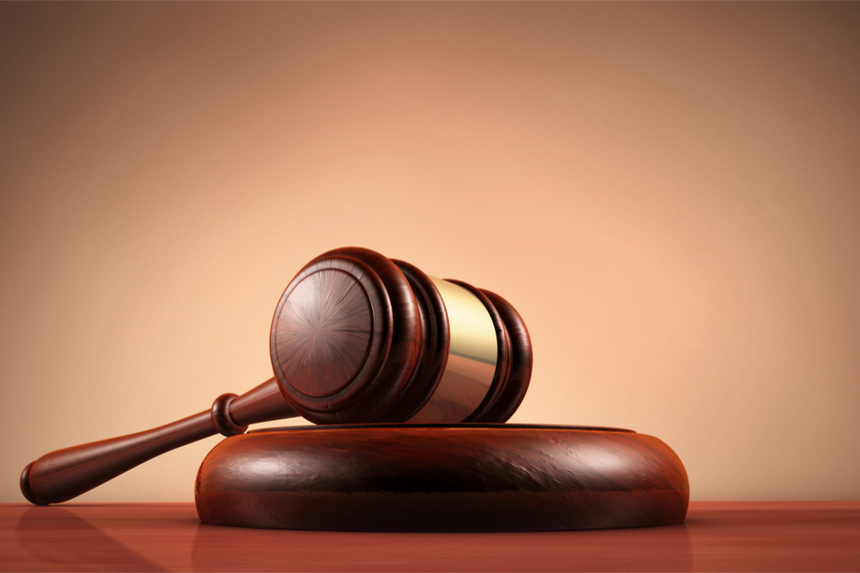In the early morning of March 16, 2008, the Metropolitan Police Department of Washington, D.C., received a complaint about loud music and possible illegal activities at a vacant house in the city’s northeast corner. Inside the near-empty house, the officers found filthy floors littered with beer bottles and cups of alcohol, and women giving lap dances in bras and thongs. Upstairs they found a naked woman, several men, and a mattress on the floor.
Interviewed by the police, partygoers said they were there for a bachelor party — though no bachelor was identified — at the invitation of Peaches, a woman who had just left the house to go to the store. Contacted by phone, Peaches told police that she was renting the house and had given guests permission to have the party. When the police asked who had given her permission to use the house, she hung up. On a follow-up call, Peaches admitted she did not have a lease or the homeowner’s permission to use the property. With this information, the police arrested 21 people for unlawful entry. The partygoers were later released, and all charges were dropped. But in the aftermath, 16 of them sued the District of Columbia and five of the officers for false arrest, claiming they were arrested without probable cause. The plaintiffs argued that they had been invited onto the property by Peaches, and that no evidence suggested they intended to enter the house against the owner’s will. In response, the police officers claimed qualified immunity, which protects government officials from lawsuits unless the official violates “clearly established” statutory or constitutional rights “of which a reasonable person would have known.”
The Decision
In 2012, the district court ruled in favor of the partygoers. The judge found that they had entered the house with good intentions and a bona fide belief in their right to enter; therefore, they lacked the requisite criminal intent for unlawful entry. The court also denied the officers’ qualified immunity defense because there was no probable cause for unlawful entry. The jury awarded the partygoers $680,000 plus attorney fees. On appeal, the D.C. Circuit Court affirmed the decision.
But the story doesn’t end there. The defendants appealed to the Supreme Court, which overturned the lower courts’ decision. In the majority opinion, Justice Clarence Thomas found that Peaches’ invitation should not have been considered “uncontroverted evidence of an invitation to enter the premises,” adding that the “totality of the circumstances” suggesting criminal activity was enough to justify the arrest.
—District of Columbia et al. v. Wesby et al. (2017)
This article is featured in the March/April 2019 issue of The Saturday Evening Post. Subscribe to the magazine for more art, inspiring stories, fiction, humor, and features from our archives.
Featured image: Shutterstock
Become a Saturday Evening Post member and enjoy unlimited access. Subscribe now




Comments
Okay. 21 partygoers were arrested based on the info ‘Peaches’ gave the police, that clearly shows the homeowner did not give their permission for said party, and were arrested for unlawful entry. They were all later released with the charges dropped. It should have ended there, but 16 of them subsequently sued, which is their right to do.
I don’t agree with the 2012 district courts ruling in favor of the partygoers, with the jury awarding them $680,000 plus attorney fees. Not knowing the fees, that’s at least $42,500 for each of the 16 partygoers, rewarding them for most likely illegal drug, alcohol and prostitution activities on that premises.
They appealed to the Supreme Court (obviously) out of greed for even more undeserved, ill-gotten gains. Fortunately, Judge Thomas overturned the lower courts’ decision, leaving them all with nothing for his reasons stated above. I agree with his decision completely Joan, and feel this should have been the original decision (by the same conclusions) in the first place.